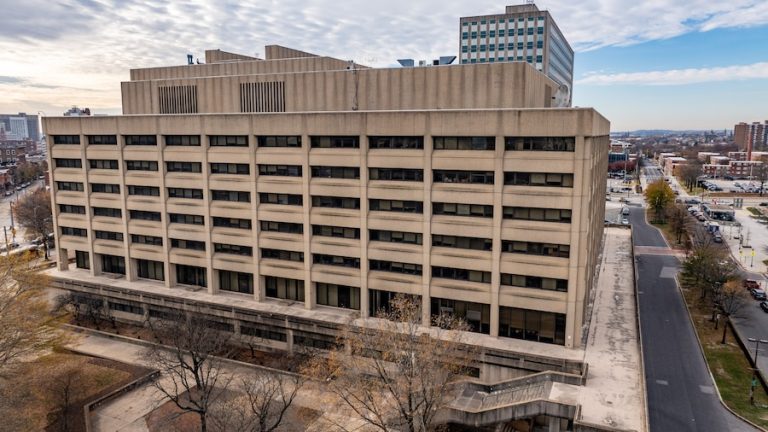The Maryland Department of Health announced Thursday that the suspension of new licenses for certain types of substance abuse and mental health service providers will continue for another six months as the state grapples with suspicions of fraud, waste and abuse of Medicaid.
The moratorium, first announced in June following the explosive growth in the number of new suppliers, was originally scheduled to expire at the end of this year. Affected licenses include psychiatric rehabilitation, partial hospitalization, and intensive outpatient programs.
On Friday, The Banner, in conjunction with the New York Times’ Local Investigations Fellowship, revealed that state officials had failed for years to properly monitor and audit drug treatment operators, allowing a flood of new programs, some of which used tactics that officials called unscrupulous and illegal.
The investigation looked into PHA Healthcare, a government-funded drug treatment program that provided little help to its patients and placed them in free housing where many relapsed and overdosed. At least 13 deaths have been linked to program since 2022, according to The Banner/Times investigation.
Stopping the issuance of new licenses is a measure taken by the state to try to resolve problems in this area. The Health Department said in a news release Thursday that it is also rewriting regulations, switching to a new vendor to process Medicaid payments, analyzing services that may be underutilized and exploring new services at lower cost.
“Quality behavioral health care for Marylanders continues to be a top priority of the department,” Alyssa Lord, the state’s deputy secretary for behavioral health, said in a statement. “This pause is a critical part of a broader plan to ensure much-needed oversight and compliance of new provider applications and protect Marylanders who need behavioral health services.”
Shannon Hall, executive director of the Community Behavioral Health Association of Maryland, which welcomed news of the license suspension earlier this year, said in a statement THURSDAY that the extension is not unexpected. With a new Medicaid payment provider opening Jan. 1, Hall said she believes “substantial progress toward effective provider management will soon be coming.”
Clarification: This story has been updated to clarify the date the moratorium was first announced.


